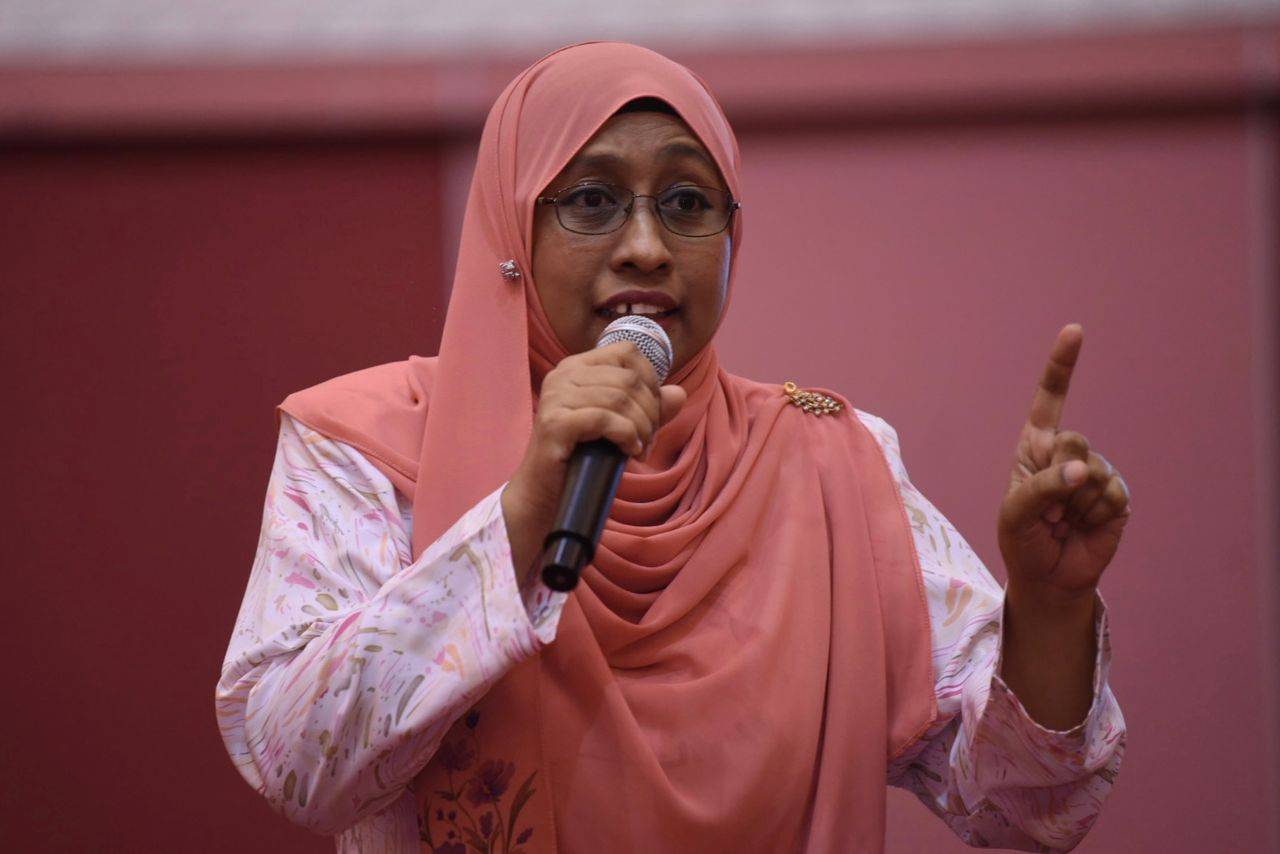Malaysia's 50th position in CPI not safe zone - Rasuah Busters

SHAH ALAM - Malaysia's Transparency International Corruption Perception Index (CPI) score went up by three points to 50 in 2023 from 47 in 2022.
However, according to Rasuah Busters chief executive officer Nurhayati Nordin, having a ranking of 50 still placed the country in the danger zone.
She said despite the efforts made, the country has not managed to escape the looming threat of corruption.
Nurhayati said there was a need to maintain a high level of performance, especially concerning the risks of corruption that continued to persist.
While acknowledging the various key players and roles involved in corruption, Nurhayati emphasised the crucial role of the public sector in the context of CPI.
"Even though we observe that various individuals and roles play a part in corruption, it is crucial to note that in the context of the CPI, the public sector is seen as a key player with significant impacts on the economy and the nation as a whole.
"In this situation, it is vital for all parties, especially the public sector, to help realise Prime Minister Datuk Seri Anwar Ibrahim's aspirations to improve in the CPI ranking.
"Together, we aim to secure a position within the top 25 by 2033," she said.
Nurhayati also stressed the need for a collective effort to understand the challenges posed by corruption.
She said that corruption was not limited to bribery; it can manifest in power abuse, favoritism, nepotism and other forms.
"Rasuah Busters believes that it is time for all of us to come together to understand the challenges posed by corruption.
"It is essential to recognise that corruption is not limited to bribery; it can manifest in power abuse, favoritism, nepotism, and other forms that must be eradicated to prevent corruption.
"Our improved three-point CPI ranking indicates a significant shift in perception, presenting an opportunity that must be maintained and enhanced," she said.
Examining the characteristics of well-performing countries, Rasuah Busters highlighted the importance of transparent democratic systems, robust media implementation and strong institutions.
Nurhayati said Malaysia has initiated steps towards institutional reforms, but the slow progress over the past year could lead to a decline in corruption indices if not addressed promptly.
In addition, she said Rasuah Busters highlighted the importance of safeguarding institutional freedom, emphasising the need for legal reforms to enhance accountability within institutions like the Malaysian Anti-Corruption Commission (MACC).
"It is crucial to monitor this situation as institutional freedom, such as that of MACC should not be subject to interference concerning justice, ultimately enhancing accountability," she said.
Therefore, she said Rasuah Busters called for a holistic approach across all levels of the eco-system, stressing the fight against systemic corruption.
The organisation also urged civil society and professionals to actively participate in discussions involving public interests.
"Collaboration between civil service and private sectors is crucial to improve competency and efficiency, ultimately restoring public confidence in the delivery system.
"This commitment is expected to reflect in the improvement of systems within the public sector, impacting corruption in the years to come," she said.
She also emphasised the importance of check and balance mechanisms, calling for fair and continuous engagement.
By fostering trust, she said the organisation believed that economic and social development could occur healthily and seamlessly in the years to come.
"Rasuah Busters also highlights the importance of empowering institutions. It is not merely about achieving positive and consistent CPI results; it is about the significant effects on the people. The direct and indirect consequences need fair and continuous checks and balances.
"For this, the involvement of civil societies and professionals in discussions involving public interests is vital.
"By doing so, we believe that trust will become a significant factor in healthy and comprehensive economic and social development," Nurhayati said.
Download Sinar Daily application.Click Here!















